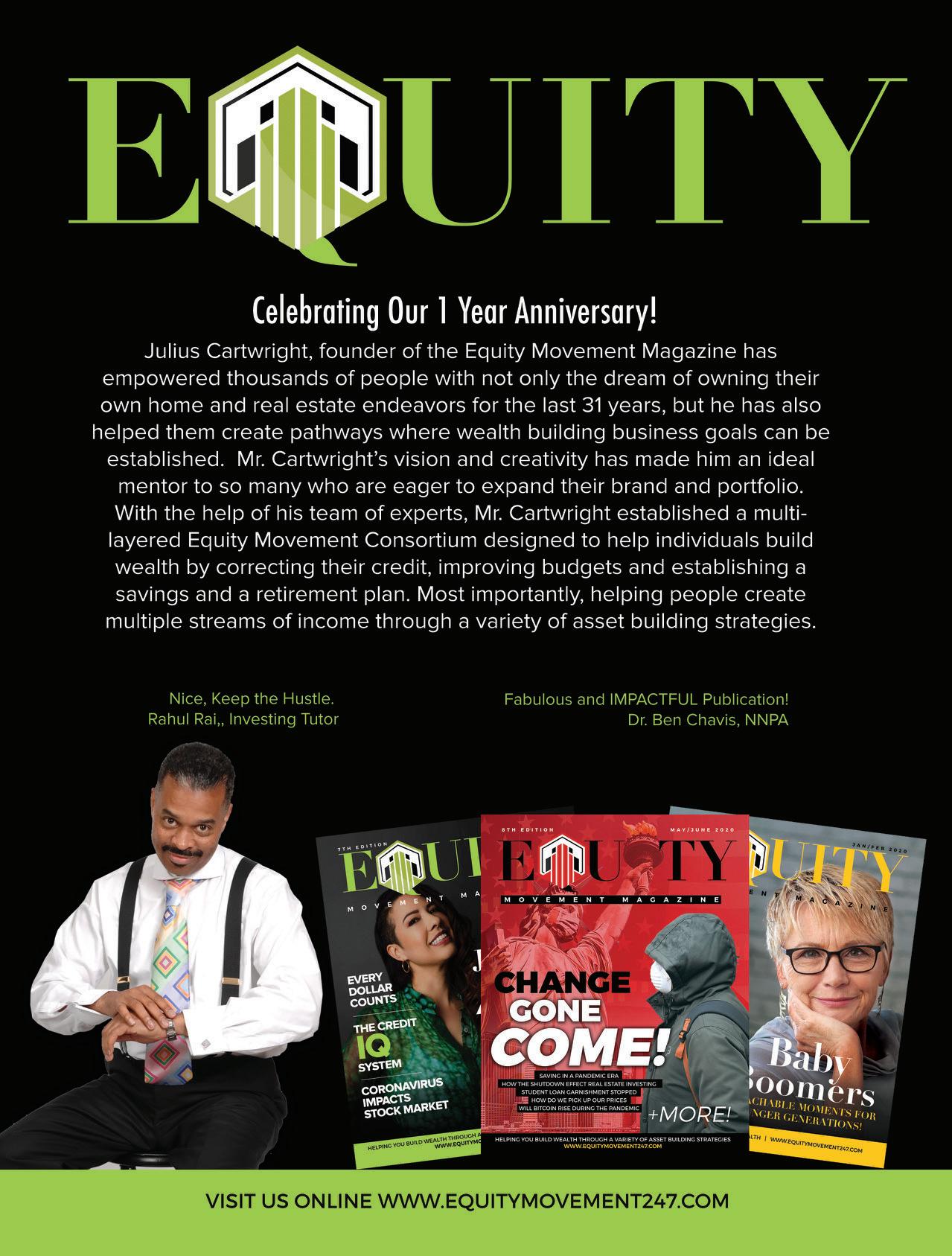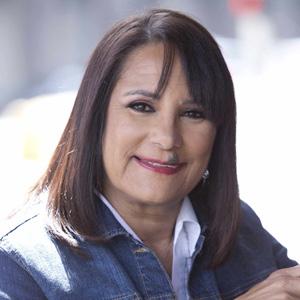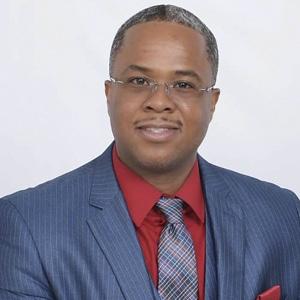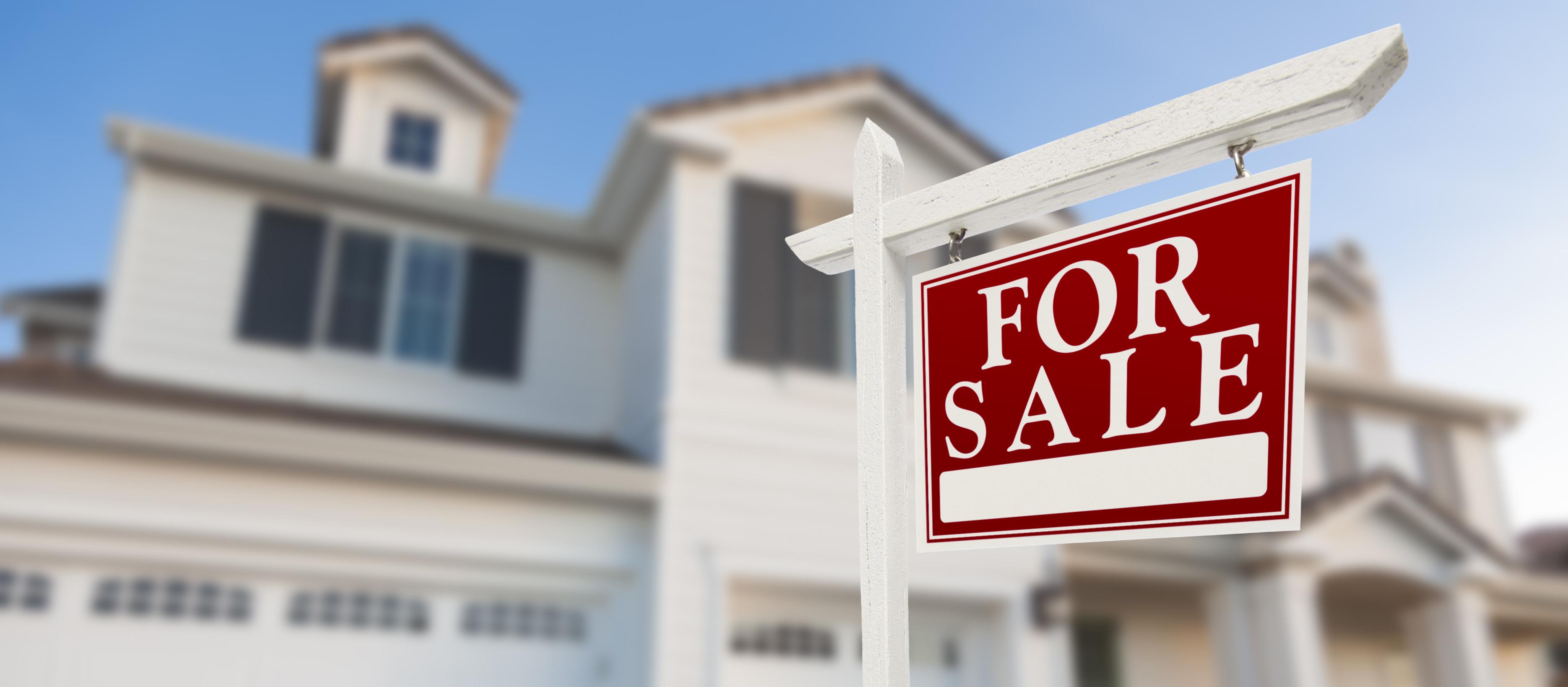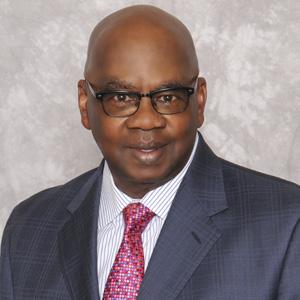
3 minute read
Black homeownership hurdles
Briana Frazier

BLACK HOMEOWNERSHIP HURDLES:
It is no news that Blacks in the United States have 2020. That is not much different from what had historically faced varied forms of racism and been in 1968 and is more than thirty percentage discrimination, from the slavery era to the days points lower than that of Whites. of the Jim Crow laws. Sadly, it continues today - where black men still die unjustly by the weapons Nonetheless, blacks born between 1981 and 1996 of police officers supposed to protect them. That seem to be the likeliest generation to reduce has led to inequalities in several sectors, and the the ownership gap. That is because they are the real estate industry is not left out. Discrimination generation that is better educated, earns higher in blacks’ access to owning homes continued to incomes, and is more financially stable overall. remain institutionalized till the Fair Housing Act of Thus, though the COVID-19 pandemic has exposed 1968. Additionally, lower incomes and employment many black households - Millenials included - to rates of black people have ensured that there has financial hardship, economic experts have spotted been a persistently enormous gap in the rates of a silver lining. Homeownership rates are growing homeownership between Blacks and Whites. For across all racial groups, and a surge in the number instance, the rate of homeownership for Black of black Millenials who buy houses has contributed families was about 44.1% in the fourth quarter of to that.
Nevertheless, Millenials remain the yet-tobe-tapped market in real estate, with the lowest but fastest-growing homeownership rates of about 43%. The blacks among this group face unique hurdles in owning homes, with the lack of parental wealth and lower employment rates. But perhaps the mammoth hurdle black Millenials face to becoming homeowners is one which they share with their white counterparts: student loans.
HOW STUDENT LOANS AFFECT BLACK MILLENIALS’ ABILITY TO SAVE FOR A DOWN PAYMENT
It is paradoxical to think that higher education can affect the generation’s ability to own homes since increased education gives better chances of earning higher incomes and reduces unemployment rates. Unfortunately, that is the case.
This analysis finds that debts Millenials generally incur from student loans decrease the possibility that they will own homes. A thousand-dollar increment in debt leads to a drop in the homeownership rate by 1-2 percentage points. Also, the overall surge in student loan debt between 2005 and 2014 led to a plummet in the rates of homeownership among young Americans by two percentage points.
And in this, black Millenials are affected disproportionately. According to the Center for Responsible Lending in 2019, about 85% of black bachelor-degree graduates in 2016 were weighed down by student debt - in contrast with 69% of whites. Besides, a black student borrower owes about $34,000 on average, $4000 less than an average white student borrower.
Not only does student loan debt affect black Millennials’ ability to save for down payment, but it also hurts their ability to qualify for a mortgage.
HOW CAN THIS SITUATION BE IMPROVED?
Because the existing racial inequalities in the housing sector of the country are worsened by student loan debts, it is necessary to consider ways the hurdle can be leveled. • Favorable Policy Response
About 1.5 trillion dollars is owed to the federal government by students - especially in college - policymakers should consider programs to forgive student debt or achieve a more sustainable repayment plan. With the
Biden-led administration promising to address inequalities existing in the country, that should be a priority.
Moving forward, more serious consideration should be given to making colleges more affordable, particularly for those who are more disadvantaged.
• Also, there should be increased advocacy programs for black Millenials to seek to build wealth through homeownership.
Conclusion
The millennial generation in the United States has a lucrative potential for the real estate industry, having the largest demographic size with about seventy million people. For the black minority among the number, it is indeed critical that the potential is tapped - given that they represent the greatest hope of closing the historical gap in homeownership rates.
References
https://www.washingtonpost.com/realestate/formany-black-millennials-student-debt-is-biggest-hurdlein-homeownership/2019/ https://abcnews.go.com/amp/US/black-millennialhomeownership-emerges-silver-lining-pandemiceconomy/ https://www.insidehighered.com/ quicktakes/2019/01/17/more-student-debt-anddeclining-home-ownership https://www.americanprogress.org/issues/educationpostsecondary/reports/2019/06/12/470893/ addressing-1-5-trillion-federal-student-loan-debt/ https://www.apartmentlist.com/research/ homeownership-by-generation
